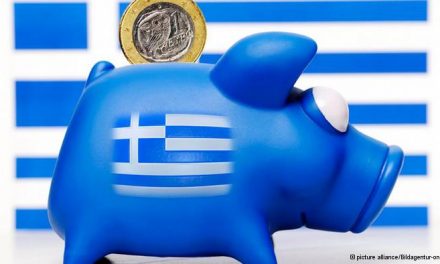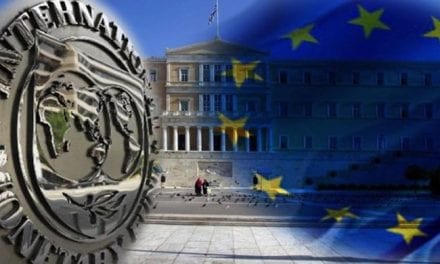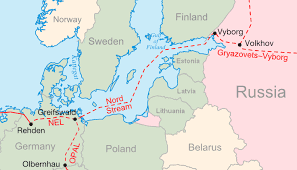By DANNY KEMP, AFP
Fresh talk of a third international bailout for debt-hit Greece spread through European capitals on Tuesday, despite Brussels insisting it was far too soon to start discussing any new rescue package.
Speculation mounted on Monday when Spain’s finance minister Luis de Guindos said EU officials estimated a third bailout of up to 50 billion euros ($55 billion) would be needed to keep Greece afloat and avoid a painful exit from the euro.
The European Commission vice-president for the euro, Valdis Dombrovskis, also hinted at a new bailout following the current four-month extension, saying in an interview with Bloomberg on Monday: “Greece may need an additional arrangement after this programme expires.”
A fresh rescue package would be a major U-turn for Greece’s new hard-left Prime Minister Alexis Tsipras, who swept to power in January on the promise that Athens would leave the era of bailouts and their associated austerity measures.
Greece had two international bailouts in 2010 and 2012 worth 240 billion euros — which staved off bankruptcy and kept the country in the euro, but at the cost of punishing economic reforms.
– Bailout talks ‘premature’ –
The European Union was keen to play down talk of any new bailout, insisting that it was still finalising details of the four-month extension of Greece’s current EU-IMF programme until June, which was agreed on last week.
Eurozone finance ministers, who are due to meet in Brussels next week, “are not discussing any third aid programme,” Simone Boitelle, spokeswoman for Eurogroup chairman Jeroen Dijsselbloem, told AFP.
The European Commission also poured cold water on the suggestion.
“Any discussions on details, conditions and a possible follow-up agreement are premature,” European Commission spokeswoman Annika Breidthardt told a daily briefing.
Tsipras has repeatedly refused a new bailout, insisting that what Greece really needs is a radical restructuring of a crushing debt mountain which amounts to around 175 percent of the country’s annual economic output.
Even the bailout extension that his government agreed to caused trouble within the ranks of his hard-left Syriza party.
Greece would prefer a credit line with some reform conditions attached, officials said.
In a positive sign, the European Bank for Reconstruction and Development (EBRD) announced Tuesday that it would begin funding critically needed investment in Greece until 2020.
– Cash crunch –
But the signs in Europe have increasingly pointed to another full-on programme managed by Greece’s creditors, even if not in the current ‘troika’ format of the EU, International Monetary Fund and European Central Bank.
Talk of a new programme of 10 billion euros has circulated since last year. But it gathered pace in recent days, with Germany’s Rheinische Post newspaper floating a 20 billion figure at the weekend.
That was followed by De Guindos’s comments on a possible bailout amount. His words added to a weekend of tense exchanges between Athens, Madrid and Lisbon.
Spain and Portugal complained to the EU after Tsipras accused them on Saturday of using “blackmail” during the talks on the bailout extension. Brussels said it was trying to mediate between them.
Yet the immediate priority is getting Greece through the next few months, analysts said.
Greece’s creditors are waiting until April to pay out the final seven-billion-euro tranche of the last bailout, when Brussels will conduct a review of detailed reform proposals by Athens.
In the meantime, Greece has to find 1.5 billion euros that it is due to pay the IMF in March, before 6.7 billion euros in debt become due to the ECB this summer.
“The debate is currently focused much more on the very short-term liquidity needs for 2015,” said Olivier Garnier, chief economist for the French bank Societe Generale.



















